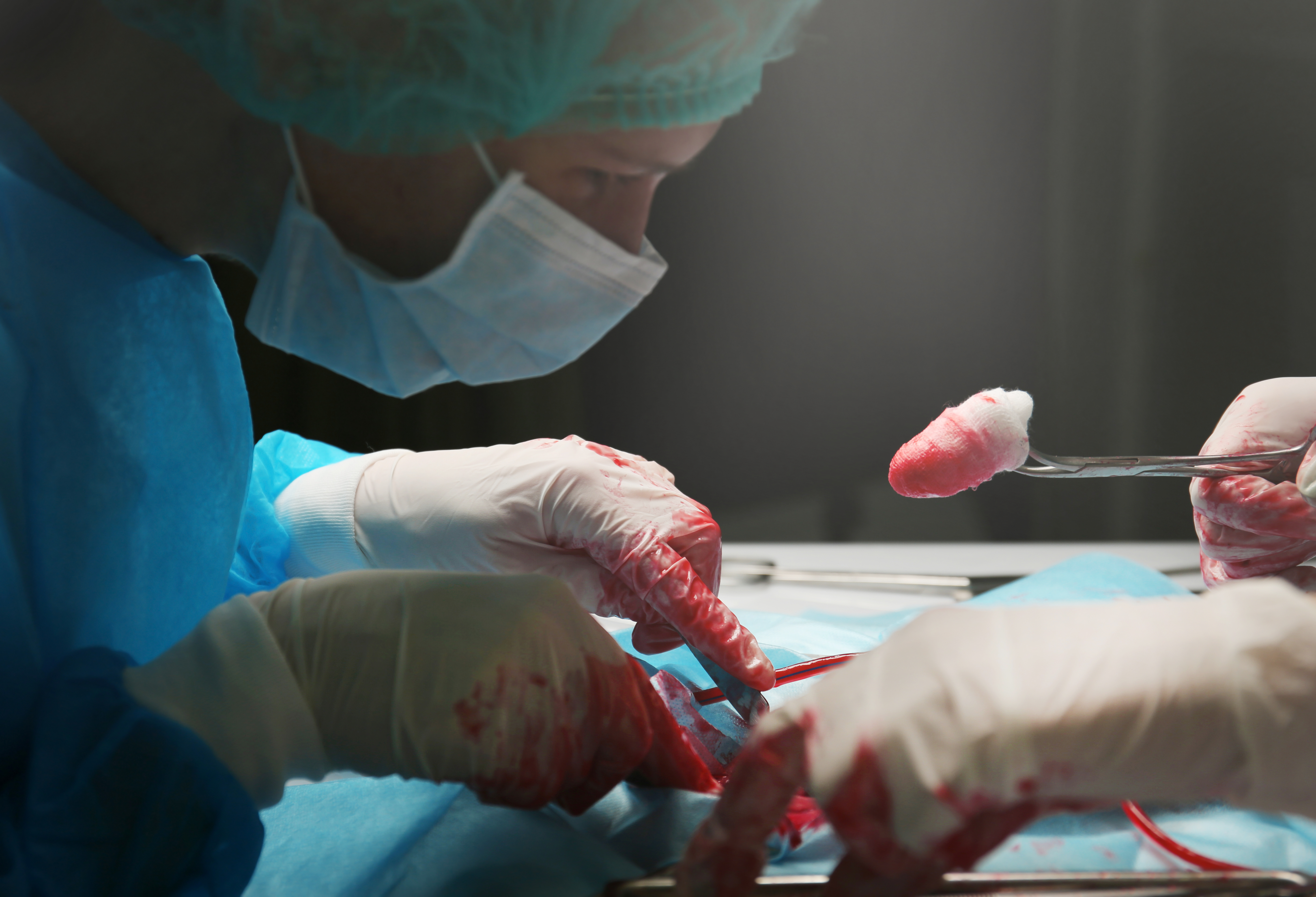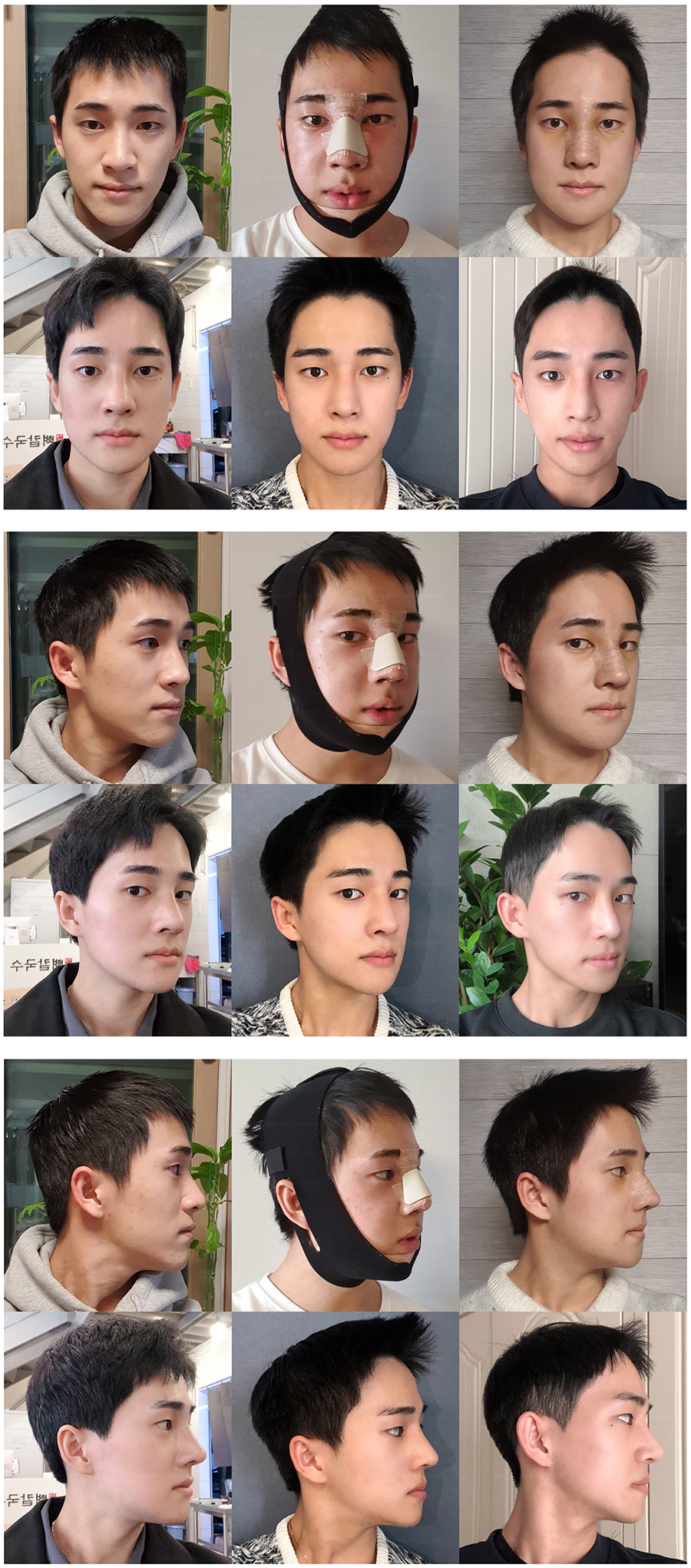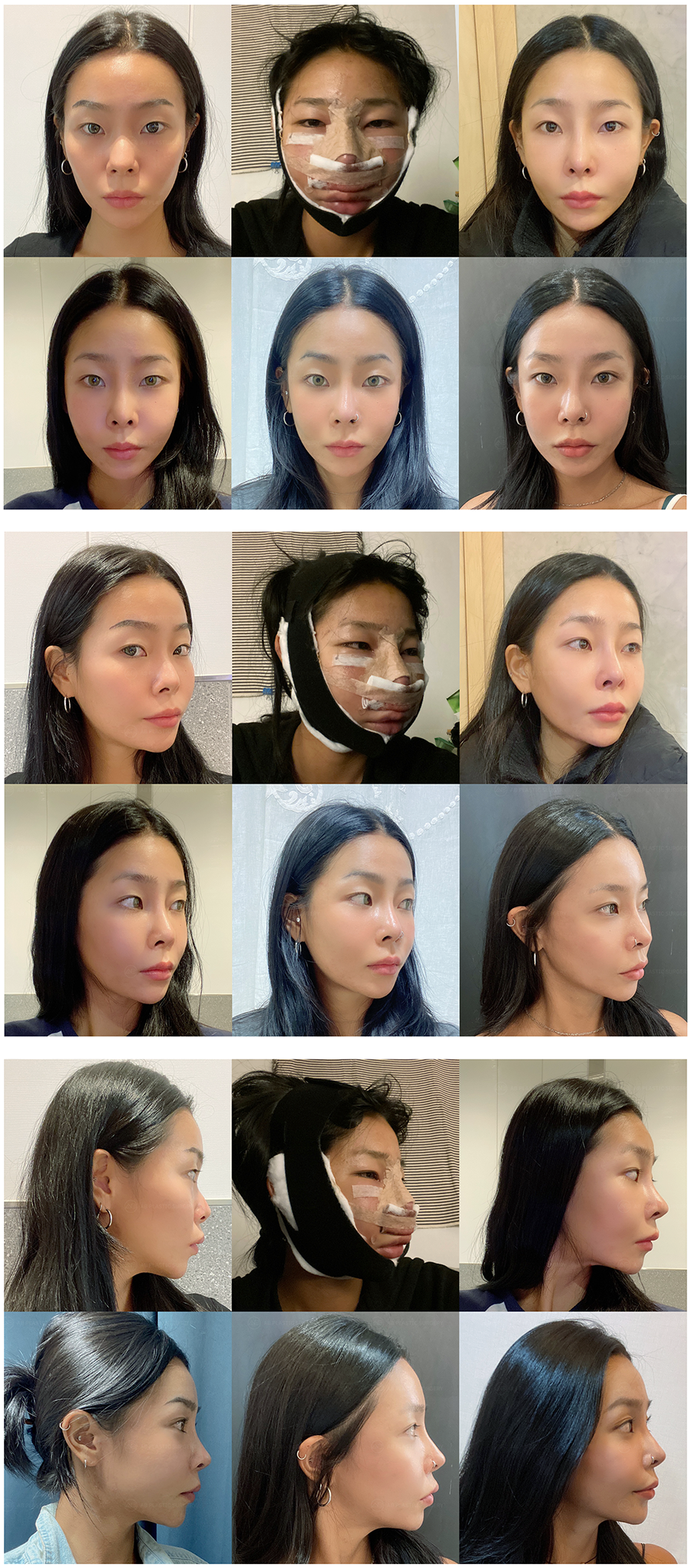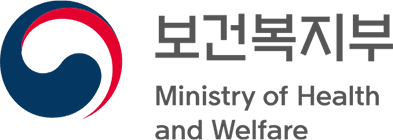The Risks and Benefits of Supplement Use in Plastic Surgery
Table of Contents
1. Main Risks Associated with Supplement Use
2. Pre- and Post-Surgery Supplement Guidelines
In the realm of plastic surgery, the primary focus often lies on the procedural specifics, the surgeon’s expertise, and the post-operative care. However, an often overlooked yet significant factor in the success and safety of cosmetic procedures is the role of nutritional supplements. As individuals seek optimal results and quicker recovery times, understanding how supplements interact with plastic surgery becomes imperative. This comprehensive exploration will delve into the effects of common supplements on surgical outcomes, the risks associated with their use, and guidelines for safe consumption before and after surgery.
Main Risks Associated with Supplement Use

Bleeding
The use of dietary supplements in the context of plastic surgery can pose several risks, the most significant of which involves the alteration of bleeding profiles. Supplements such as garlic, ginkgo biloba, and certain herbal teas possess natural anticoagulant properties. These substances inhibit platelet aggregation, effectively thinning the blood, which can lead to increased bleeding during and after surgical procedures. This effect not only complicates the surgical process itself but also extends the recovery period and increases the risk of hematoma—a localized collection of blood outside blood vessels.
Effect on Anesthesia
The consumption of certain dietary supplements can significantly impact the central nervous system and alter the effectiveness of anesthesia. Supplements like valerian root and St. John’s Wort may potentiate the sedative effects of anesthetics, potentially complicating the management of sedation levels during surgery. Conversely, supplements such as ginseng may reduce the efficacy of anesthesia, increasing the risk of insufficient sedation. This variability not only poses challenges to maintaining optimal anesthesia during surgical procedures but also complicates post-operative recovery and monitoring.
Impact on Blood Pressure
The use of certain herbal supplements can directly affect blood pressure levels, presenting significant risks during plastic surgery. Ingredients like licorice root are known to elevate blood pressure, while others such as hawthorn and forskolin may cause a reduction in blood pressure. These fluctuations can be particularly problematic during surgical procedures, complicating the administration of anesthesia and potentially jeopardizing patient safety. The instability in blood pressure not only challenges the management of vital signs during the operation but also increases the risk of postoperative complications.
Delayed Wound Healing
The intake of certain supplements can interfere with the body’s natural clotting and healing mechanisms, posing risks to post-surgical recovery. Supplements like high doses of vitamin E are known to inhibit the body's ability to form blood clots, which is crucial for wound healing. This impairment can prolong the healing process, extend recovery times, and increase the risk of adverse postoperative outcomes, including infections and suboptimal scar formation. Such delays not only affect the aesthetic results of plastic surgery but also the overall health and recovery of the patient
Lack of Stringent Regulation of Supplements
Another considerable concern is the lack of stringent regulation surrounding dietary supplements. Unlike prescription medications, which undergo rigorous testing for safety, efficacy, and quality, the supplement industry is subject to less stringent oversight. This discrepancy can lead to variability in the concentration and purity of active ingredients. Some supplements may contain contaminants or may not have the advertised amounts of active ingredients, leading to unpredicted clinical effects and potential harm.
Unpredictable Outcomes of Supplement and Medication Interactions
Moreover, the interaction of supplements with other medications is a critical safety concern. Many patients undergoing plastic surgery may also be taking other medications, which can interact adversely with herbal supplements. For example, fish oil and vitamin E both have blood-thinning effects and can enhance the effects of prescription blood thinners like warfarin, potentially leading to dangerous levels of bleeding.
Pre- and Post-Surgery Supplement Guidelines
Pre-Surgery Guidelines
Ensuring a safe surgical experience begins well before entering the operating room. It is critical for patients to provide their surgical team with a comprehensive list of all supplements currently being taken. This disclosure is not merely a formality but a crucial step in surgical planning, as it helps prevent adverse reactions and complications related to unreported supplement use.
Surgeons typically advise patients to discontinue the use of non-essential supplements at least two weeks prior to surgery. This precaution is necessary because many supplements have prolonged effects on the body, such as altering blood clotting mechanisms or interacting with anesthesia. Essential supplements, or those prescribed by a doctor for specific health conditions, might still be continued, but only under direct medical guidance.
Recommended Supplements to Take Before Plastic Surgery
Here are some supplements commonly considered safe and potentially beneficial to take before plastic surgery, but always consult with your healthcare provider before starting any new supplement:
Vitamin C
This vitamin is important for collagen synthesis, which is crucial for skin healing and strength. It also has immune-boosting properties. However, it's important to take it in moderation to avoid gastrointestinal upset.
Vitamin D
Essential for bone health and immune function, Vitamin D is often recommended, especially if pre-surgery blood tests show a deficiency.
Iron
If you have a history of anemia or if pre-surgery blood tests show low iron levels, your doctor might recommend iron supplements to improve your hemoglobin levels, which can promote better healing.
Zinc
Known for its role in wound healing and immune function, zinc can be beneficial in preparation for surgery to ensure optimal recovery.
Probiotics
These can help maintain a healthy gut microbiome, which may be beneficial for overall health and recovery, particularly if you have been on antibiotics which can disrupt gut bacteria balance.
Multivitamins
A balanced multivitamin might be recommended to ensure all micronutrient needs are met, especially if dietary intake might not be sufficient.

Post-Surgery Guidelines
Post-operative care focuses on promoting healing, minimizing infection risks, and ensuring a smooth recovery. After surgery, the body needs additional nutrients to repair tissues and recover from the stress of surgery. Supplements can play a role in this phase but must be carefully managed to avoid interfering with post-surgical healing processes.
Supplements to Avoid Before Surgery
It’s crucial for patients to be aware of certain supplements that are best avoided prior to surgery due to their potential risks, which include increased bleeding, alterations in blood pressure, and interactions with anesthesia. Here’s a detailed breakdown:
Omega-3 Fatty Acids
While beneficial for cardiovascular health, high doses of omega-3 fatty acids can significantly thin the blood. This anticoagulant effect increases the risk of excessive bleeding during and after surgery, which can complicate both the surgical procedure and the recovery process.
Vitamin E
Known for its antioxidant properties, vitamin E also impacts blood clotting mechanisms. High levels of vitamin E can inhibit platelet aggregation, leading to a higher risk of bleeding during operations and affecting the normal healing timeline.
Garlic, Ginger, Ginkgo Biloba, and Ginseng
These herbal supplements are popular for various health benefits, but they share a common risk when it comes to surgery. All can increase bleeding risk by affecting how blood clots form. Their anticoagulant properties make them unsuitable for use close to surgery as they can lead to complications related to uncontrolled bleeding.
St. John’s Wort
This supplement is commonly used for depression but can have serious interactions with drugs used during surgery. St. John’s Wort can accelerate the metabolism of certain medications, potentially diminishing their effectiveness and altering the desired effects of anesthesia, leading to inadequate sedation or pain control during surgery.
Kava
Often used for its calming effects, kava influences the central nervous system. It can enhance the effects of anesthetics, potentially leading to overly potentiated sedative effects. This can complicate the management of anesthesia, affecting patient safety and surgical outcomes.

The interplay between nutritional supplements and plastic surgery is complex and significant. While supplements can offer benefits such as enhanced healing and strengthened immune response, they also carry risks that can severely impact surgical outcomes and patient safety. It is vital for patients to be aware of these potential risks and benefits as they prepare for surgery.
Patients should meticulously disclose all supplement use to their healthcare providers and adhere strictly to pre-surgery guidelines, which often include discontinuing certain supplements well in advance of the procedure. Post-surgery, careful management of supplements can help support recovery and minimize complications.
Ultimately, the goal is to balance the body's nutritional needs without compromising the efficacy and safety of surgical interventions. By working closely with healthcare professionals to tailor supplement use around surgical procedures, patients can maximize their recovery while minimizing risks, ensuring the best possible outcomes from their plastic surgery.
At AB, each consultation is meticulously tailored to ensure the safest and most effective outcomes for our patients. Our skilled surgeons take into account every detail, including your current use of supplements, to craft a personalized pre- and post-surgery plan. This thorough approach helps mitigate risks associated with supplement interactions and enhances your recovery process. Understanding that each patient's needs and health backgrounds are unique, we prioritize a comprehensive evaluation in every consultation.
Read more about AB’s Safe Plastic Surgery System.
To experience the exceptional care AB offers and how we consider every factor, including dietary supplements, to ensure your surgery and recovery are as smooth as possible, book your free consultation at AB today. We are committed to guiding you through every step of your journey toward achieving your aesthetic goals with the utmost safety and expertise.






